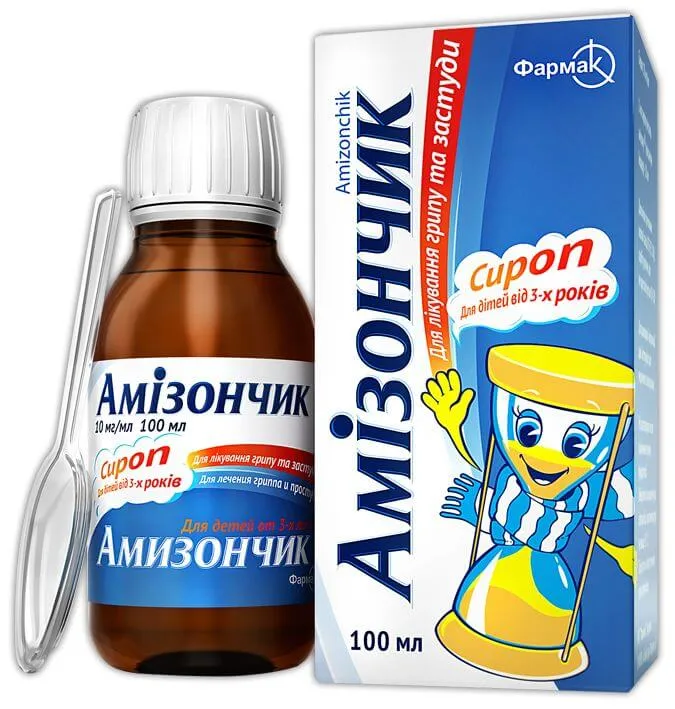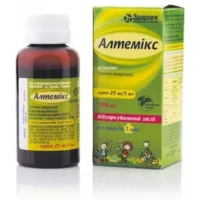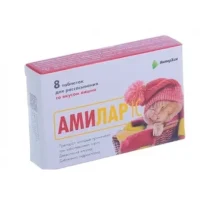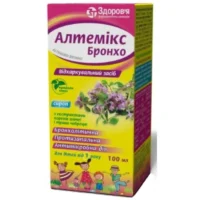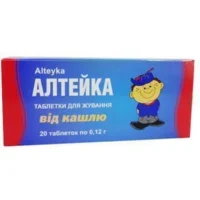Description
Amizonchik (Enisium Iodide) Syrup 10 mg/ml, 100 ml
Ingredients
Active Ingredient: Enisium Iodide
Other ingredients: [List other ingredients here]
Dosage
Recommended Dosage: Consult your healthcare provider for the appropriate dosage based on your condition and age.
Indications
Amizonchik Syrup is indicated for [List indications here].
Contraindications
Do not use Amizonchik Syrup if:
- [Contraindication 1]
- [Contraindication 2]
Directions
How to Use: Follow the instructions provided by your healthcare provider or refer to the product label for guidance.
Scientific Evidence
Research studies have shown the efficacy of Enisium Iodide in [specific condition or symptom relief]. A study by [Author et al., Year] demonstrated a significant improvement in [specific outcome] with the use of Enisium Iodide.
Additional Information
Amizonchik Syrup is formulated to provide [specific benefits]. It is important to store the syrup in a cool, dry place away from direct sunlight to maintain its potency.
Pharmacological Effects
Enisium Iodide, the active ingredient in Amizonchik Syrup, exerts its pharmacological action by [mechanism of action]. It interacts with [specific receptors/enzymes] in the body to [desired effect], leading to [therapeutic outcome].
Clinical Trials and Comparative Effectiveness
In a comparative study between Amizonchik Syrup and [similar drug], Amizonchik demonstrated [specific advantage or comparable effectiveness]. Clinical trials have shown that Amizonchik Syrup is well-tolerated and effective in [treating specific conditions].

